
Miss Porter's School • 60 Main Street • Farmington, CT 06032 • 860-409-3500 • admission@missporters.org

Miss Porter's School • 60 Main Street • Farmington, CT 06032 • 860-409-3500 • admission@missporters.org
Miss Porter’s School is different…
historically, intentionally, and successfully.
Honoring Sarah Porter’s vision since 1843, we deliver in our practice of empowering the future generation of female leaders.
At Porter’s, it’s cool to be smart—and our students love school. Our academic program is mission-driven, global in scope, and personalized so that we can prepare our students to address the pressing needs of tomorrow’s world.
Bound together by their experiences in Farmington, our graduates shape a changing world. The intentional intersection between enduring legacy and commitment to our unique and progressive education prepares them to do just that.
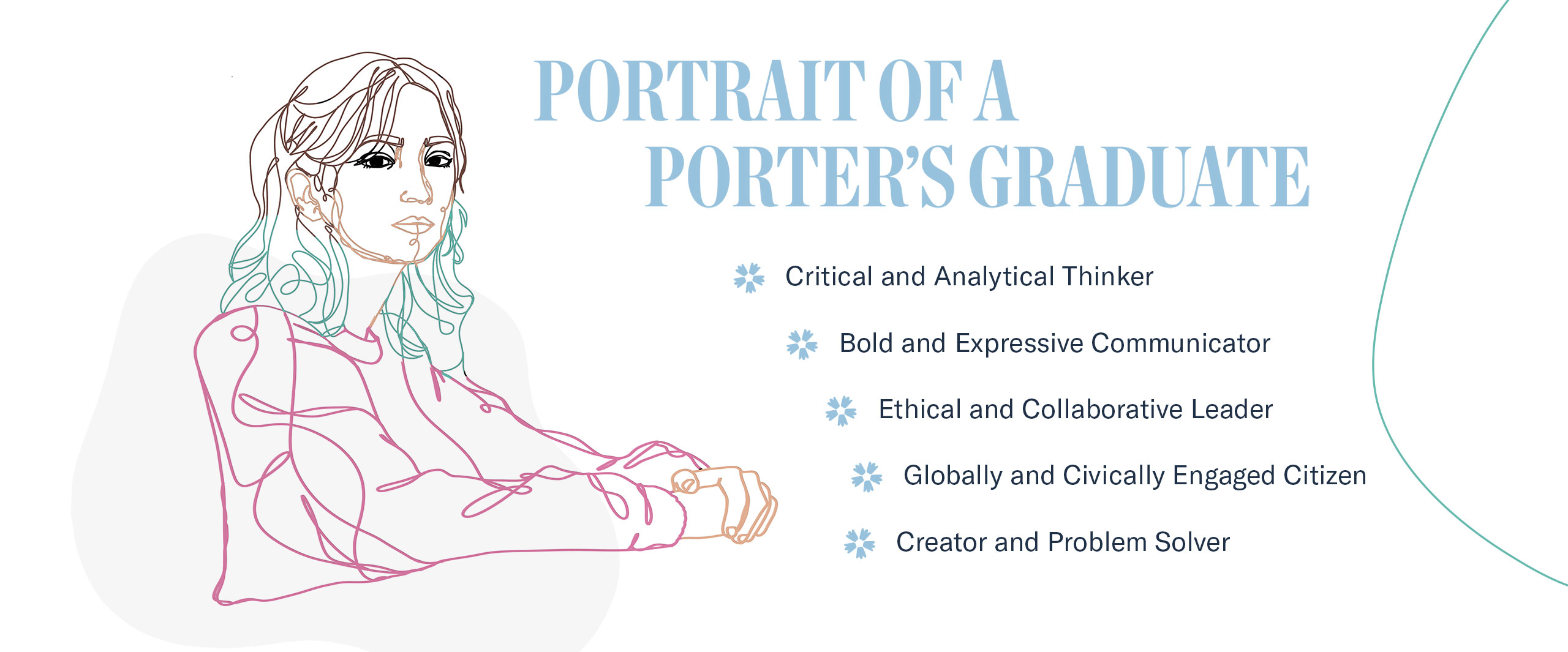
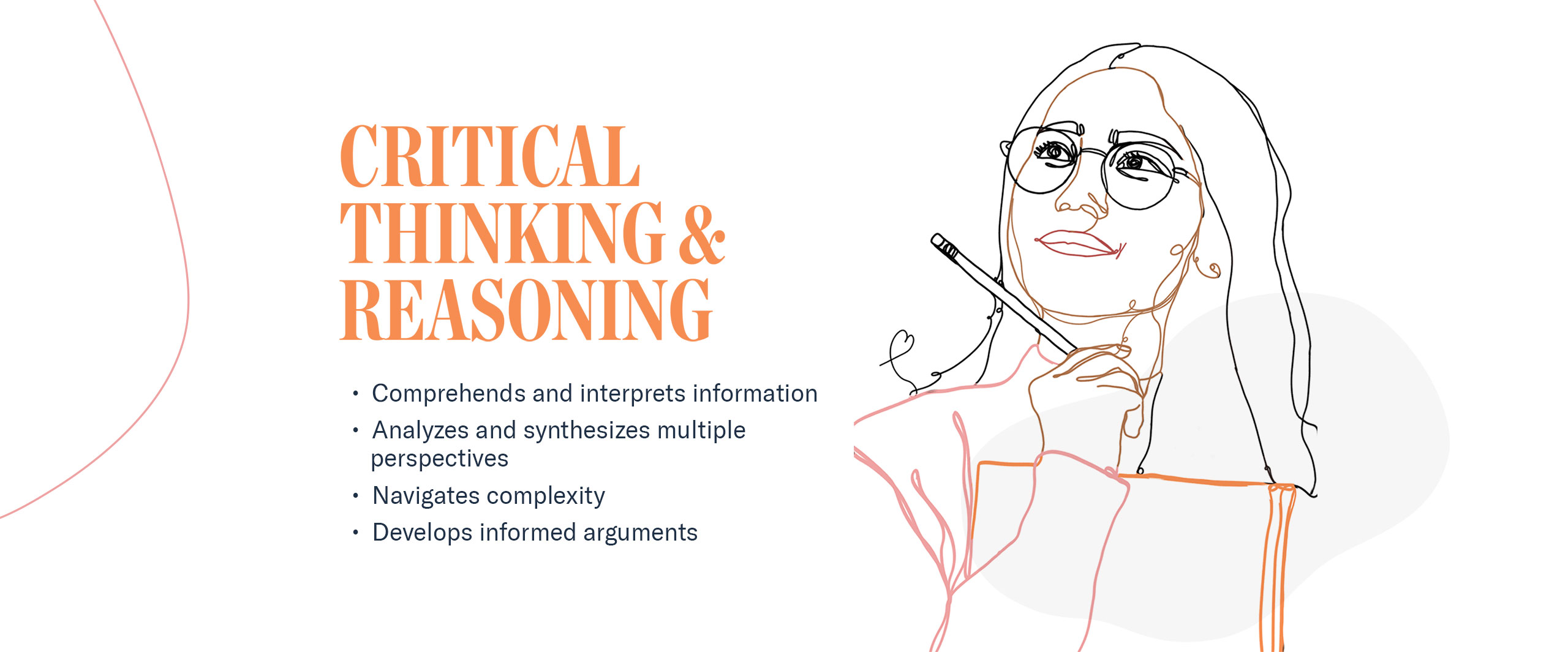
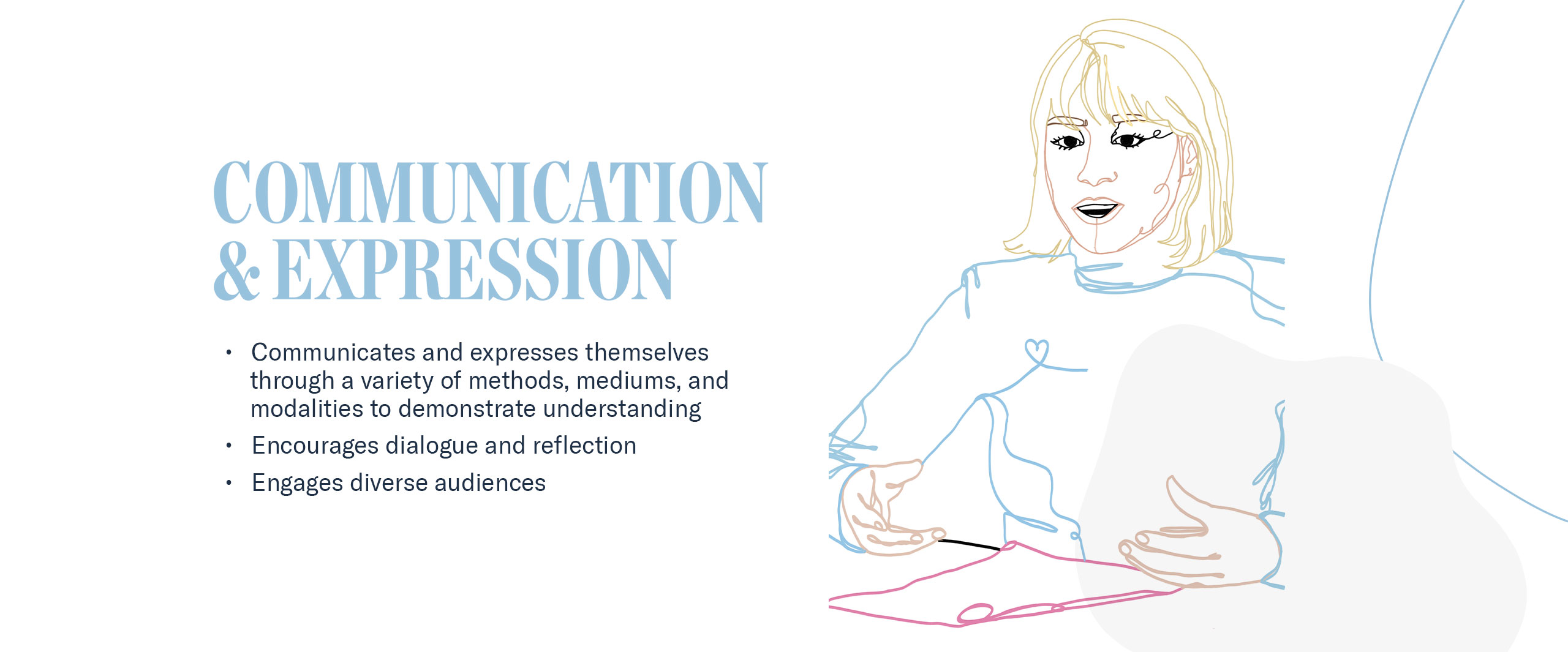
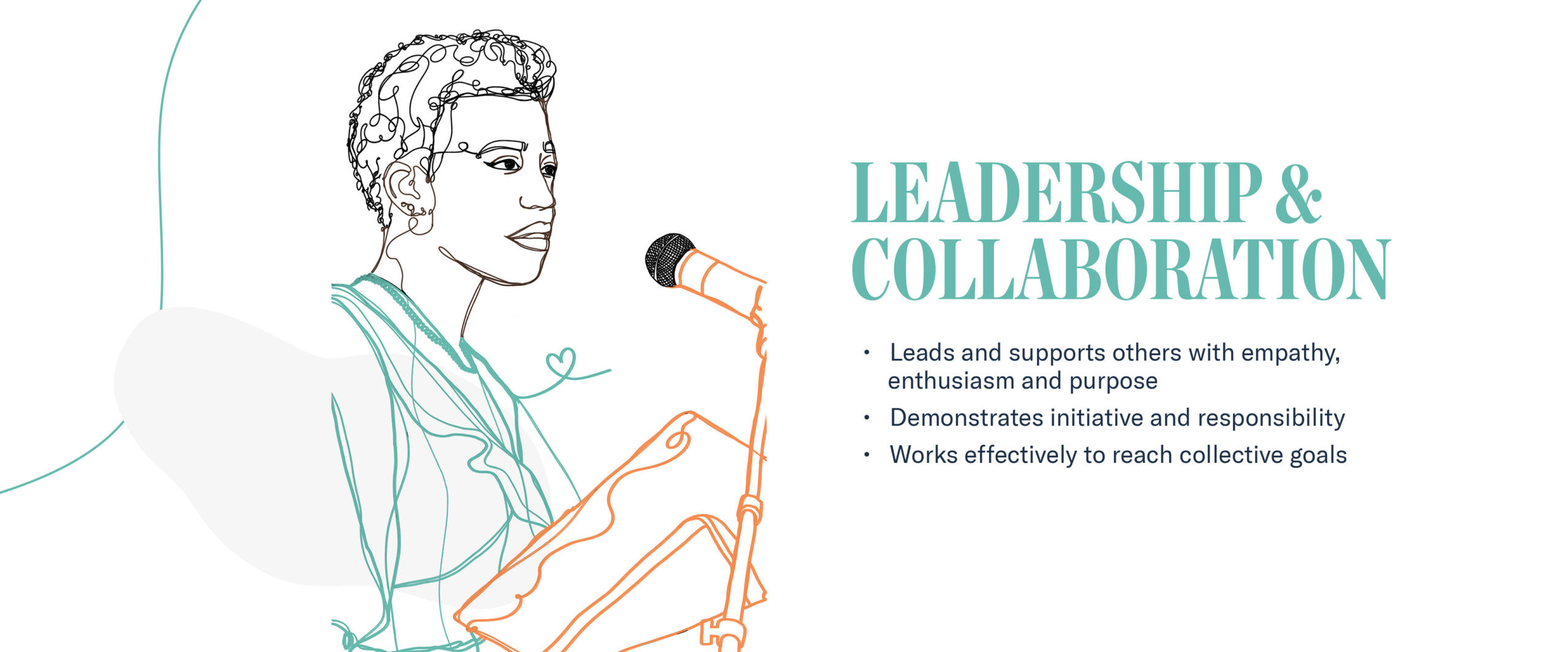
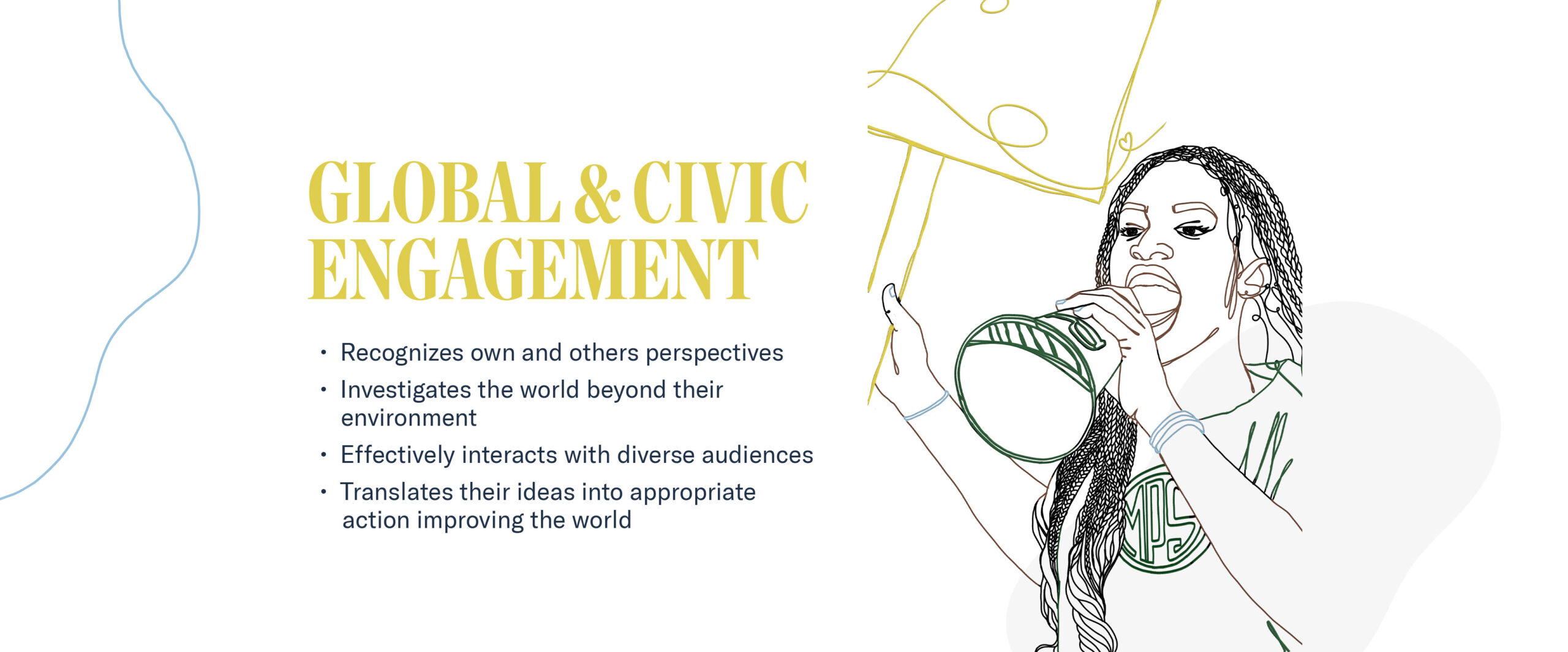
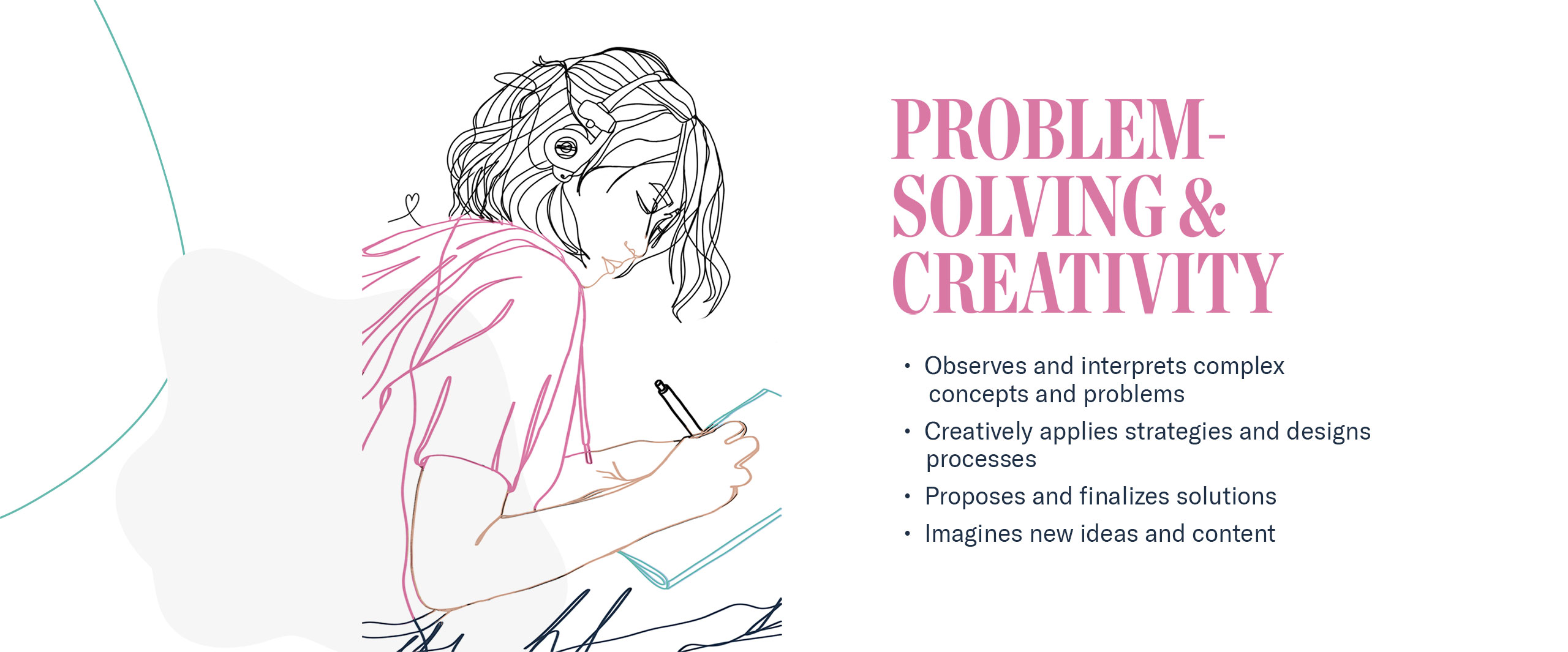

Competency-based Mastery Learning
Porter’s offers a dynamic community of students and teachers. Mastery learning prepares our graduates to navigate an ever-evolving world with confidence.
We develop our students’ initiative, independence and habits of mind to prepare them for their individual life paths.
With more than 100 course offerings in arts, humanities, languages, math, sciences and social sciences, students experience a wealth of opportunity during their academic journeys. With an average class size of 12, their intellectual curiosity is encouraged and empowered.
Porter’s practices competency-based mastery learning which shifts student focus from grades to growth. Competency-based feedback is given for all courses. Rather than exams, we have Demonstrations of Learning — student-shared learning through projects, presentations, performances, and more. The value of competency-based assessment lies in:
A Porter’s education focuses on developing skills necessary for students to be successful in college, and more importantly, life beyond Farmington. We educate students for awareness and understanding. We galvanize girls for global impact. We prepare our graduates to shape a changing world.
Miss Porter’s School prepares students for the future to come, not the world that was. This commitment allows us to re-envision the way our faculty teach, the way our students demonstrate their learning, and the way we access, record and represent their educational outcomes. We practice competency-based mastery learning – the transfer of knowledge and skills to a real-world context.
Porter’s curricula is intentional as this foundational year is spent on skill development and fundamental courses. Grade 9 is introduced to interdisciplinary learning in our humanities course, a blend of English and History.
Students continue with curricula on foundational courses and mastery of skill development in our interdisciplinary courses.
Students are inspired to be curious about the world, think critically about how to solve problems and to understand the role they play in our global community. Emphasis is placed on the Global Citizenship Program with student international travel experiences. And, our PCGL Global Seminar Series which connects our students with high school girls worldwide to address pressing global issues.
Students will explore their ideas about college and their career path as they gain exposure and experiences to the world beyond Porter’s. Emphasis focuses on work experiences embedded into the interdisciplinary courses, our Early-career Scholar Dinner Speaker Series program and Imagining Life Event discussions.
Porter’s curricula is intentional as this foundational year is spent on skill development and fundamental courses. Grade 9 is introduced to interdisciplinary learning in our humanities course, a blend of English and History.
Students continue with curricula on foundational courses and mastery of skill development in our interdisciplinary courses.
Students are inspired to be curious about the world, think critically about how to solve problems and to understand the role they play in our global community. Emphasis is placed on the Global Citizenship Program with student international travel experiences. And, our PCGL Global Seminar Series which connects our students with high school girls worldwide to address pressing global issues.
Students will explore their ideas about college and their career path as they gain exposure and experiences to the world beyond Porter’s. Emphasis focuses on work experiences embedded into the interdisciplinary courses, our Early-career Scholar Dinner Speaker Series program and Imagining Life Event discussions.
The Teaching and Learning Center (TLC) is our support resource center for students. A core academic skill is the ability to self-advocate and utilization of the supports through TLC is encouraged and available to all students.
In order to support independent learning of math during trimesters when students are not enrolled in a math class, Math REPS offer:
To support independent learning of language during trimesters when students are not enrolled in a language class, LIFT OFF offers:
Chief Academic Officer and Dean of Faculty
Dean of Curriculum, Teacher - Humanities
Registrar and Academic Affairs Coordinator
Academic Office Assistant
Director of the Center for Teaching and Learning
Academic Dean, Teacher - Humanities